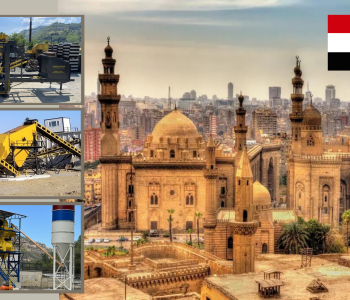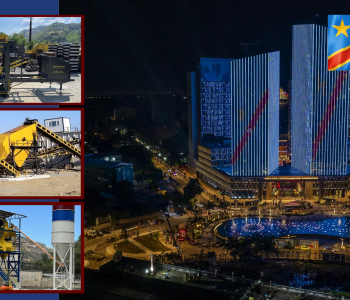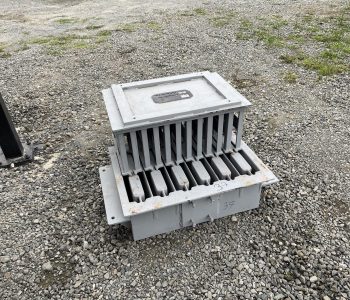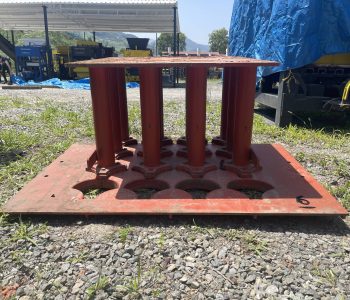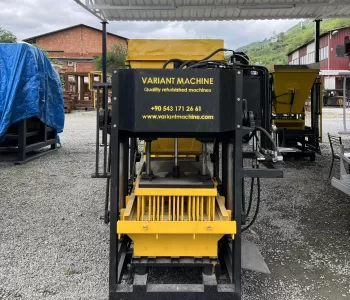Exploring Dar es Salaam’s Urban Landscape and Construction Industry
Historical Background
Dar es Salaam, Tanzania’s bustling coastal city, has a vibrant historical narrative. Founded in 1862 by the Sultan of Zanzibar, it quickly became a vital port and commercial hub. As Tanzania’s primary economic center, Dar es Salaam has transformed from a colonial trading post into a dynamic metropolis, showcasing a blend of historical influences and modern growth.
Current Situation
Dar es Salaam is a key economic and administrative hub in Tanzania. The city is a vibrant mix of historic charm and contemporary development, housing crucial government offices, businesses, and cultural landmarks. Its ongoing development projects underline its importance as an economic powerhouse, reflecting the city’s continual expansion and modernization.
Recent Developments
Recent news from Dar es Salaam often highlights urban expansion, infrastructure upgrades, and economic growth. The city is experiencing a surge in construction activities, including improvements to public services and transportation networks. As Dar es Salaam grows, it faces challenges such as urban planning, housing shortages, and environmental sustainability.
Construction Sector in Dar es Salaam
Overview
The construction industry in Dar es Salaam is vital for the city’s development, driving the growth of residential, commercial, and public infrastructure projects. The demand for construction materials and machinery is substantial, aligning with the city’s ongoing expansion and modernization.
Concrete Block Machines
Concrete block machines are essential for producing building materials in Dar es Salaam. Various types are used depending on production needs:
- Wet Casting Machines: These create high-quality concrete blocks using a wet mix, noted for their strength and precision.
- Dry Casting Machines: Designed for blocks made with a dry mix, these machines are efficient and reduce water usage.
- Manual Machines: Operated by hand, these are cost-effective for smaller-scale production.
- Semi-Automatic Machines: Offering a blend of manual and automated operations, these machines enhance productivity while requiring some manual input.
- Automatic Machines: Fully automated systems that provide high efficiency and consistent quality, suitable for large-scale production.
Production Capacity: Concrete block machines in Dar es Salaam vary from producing a few hundred blocks per day for manual types to thousands per day for fully automatic systems.
Concrete Batching Plants
Concrete batching plants are crucial for large-scale concrete mixing:
- Stationary Plants: Fixed installations designed for high-capacity and consistent production, ideal for extensive projects.
- Mobile Plants: Portable and adaptable, these are suited for on-site mixing and smaller projects.
Production Capacity: Batching plants range from small setups producing a few cubic meters per hour to large facilities capable of handling several hundred cubic meters per hour.
Crushers
Crushers are important for material processing in construction:
- Mobile Crushers: Versatile and portable, these are ideal for on-site material processing.
- Stationary Crushers: Fixed units used for continuous and large-scale material processing.
Types of Crushers:
- Cone Crushers: Best for secondary and tertiary crushing, providing fine and consistent product sizes.
- Impact Crushers: Produce high-quality aggregate with good shape and size distribution.
- Vertical Shaft Impact Crushers (VSI): Ideal for producing fine aggregates and manufactured sand.
- Jaw Crushers: Commonly used for primary crushing, handling large materials with high reduction ratios.
Pricing Considerations
Concrete Block Machine Pricing in Dar es Salaam
The cost of concrete block machines in Dar es Salaam is influenced by:
- Machine Type: Pricing varies between manual, semi-automatic, and fully automatic machines based on their level of automation and features.
- Production Capacity: Higher capacity machines generally come with higher costs.
- Brand and Model: Different brands and models offer various features and quality levels, affecting the price.
Stationary Concrete Batching Plant Pricing in Dar es Salaam
Factors affecting the pricing of stationary concrete batching plants include:
- Capacity: Larger plants with higher output capacities tend to be more expensive.
- Features and Technology: Advanced features and technology can drive up costs.
- Installation and Maintenance: Installation and ongoing maintenance costs also impact the overall price.
Crusher Pricing in Dar es Salaam
The cost of crushers in Dar es Salaam is determined by:
- Type of Crusher: Pricing varies between mobile and stationary crushers and the specific type (cone, impact, VSI, jaw).
- Capacity and Size: Larger crushers with higher processing capacities are generally more costly.
- Brand and Quality: High-quality brands and models often come at a premium.
Conclusion
Dar es Salaam’s evolution into a major economic center reflects its historical significance and modern growth. The city’s construction sector plays a crucial role in its ongoing development, supported by a range of machinery including concrete block machines, batching plants, and crushers. Understanding the factors influencing machinery pricing-such as type, capacity, and technology-is essential for making informed decisions. As Dar es Salaam continues to expand and modernize, these insights will help stakeholders navigate the city’s evolving landscape and contribute to its future success.
